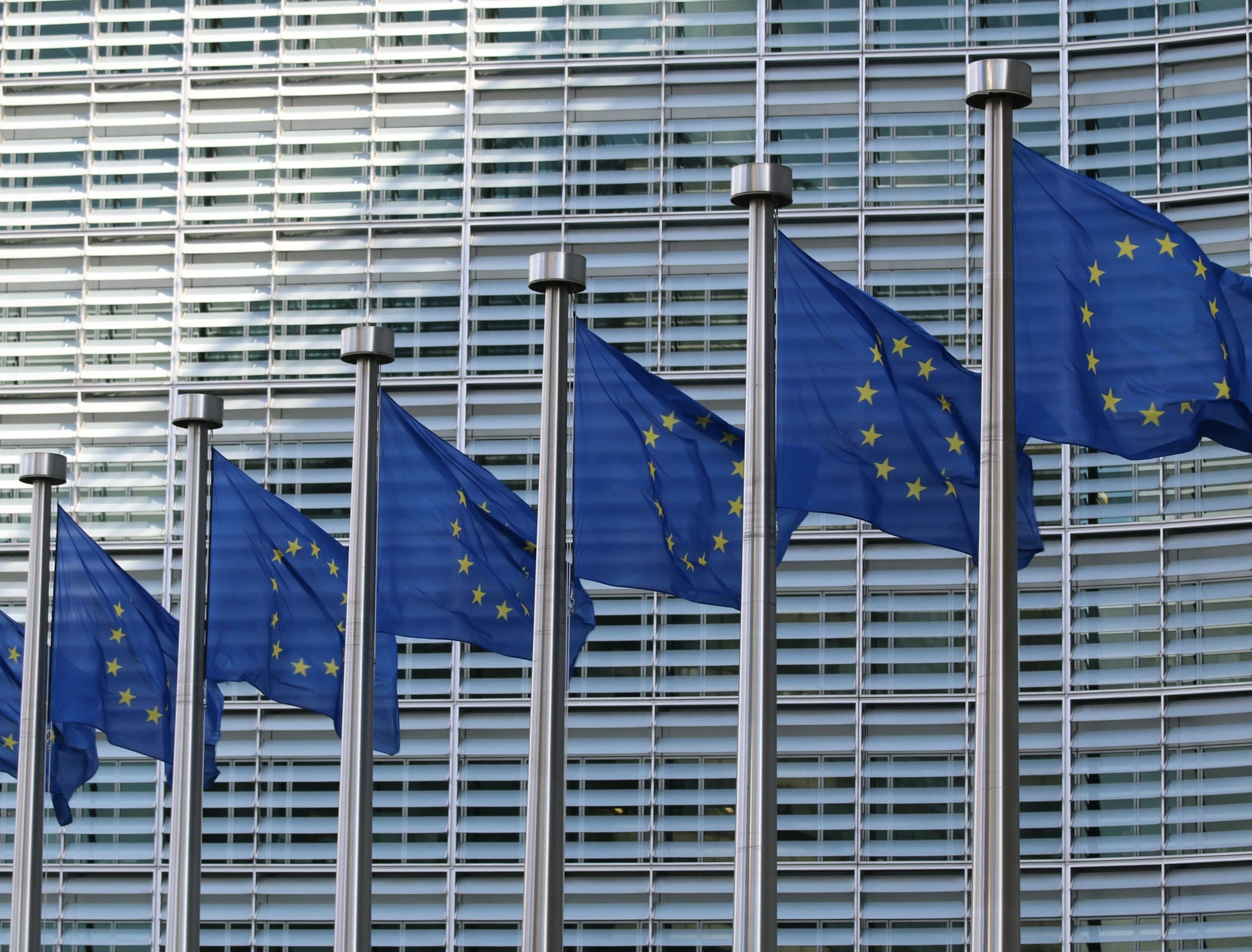In-Short
- The EU AI Act’s initial phase starts on February 2nd, introducing prohibitions on certain AI applications.
- Violations can result in fines up to 7% of global annual turnover, urging businesses to ensure compliance.
- Data governance is key to both compliance and leveraging AI’s full potential.
- The Act’s global reach affects non-EU businesses using AI in the EU or providing AI to the EU market.
Summary of the EU AI Act’s Impact on Businesses
The EU AI Act is ushering in a new regulatory era, with initial prohibitions taking effect from February 2nd. This groundbreaking legislation imposes strict rules on the use of AI, targeting high-risk systems such as social scoring and real-time biometric identification. Companies operating within the EU, regardless of their origin, must now adapt to these regulations or face severe penalties.
Experts like Levent Ergin from Informatica emphasize the importance of robust data governance as a foundation for compliance and AI success. With the majority of EU businesses planning to increase their AI investments, data quality and governance are becoming critical factors for staying competitive.
Furthermore, the EU AI Act’s extraterritorial scope means that global businesses are also affected. Marcus Evans from Norton Rose Fulbright advises companies to audit their AI use and establish governance processes to ensure compliance with the Act’s provisions.
The Act aims to foster responsible AI innovation by balancing technological advancement with ethical considerations. Beatriz Sanz Sáiz from EY Global highlights the importance of building trust and eliminating bias in AI development.
Businesses must be clear on the prohibited AI activities, which include manipulative techniques, social scoring, and certain uses of emotion recognition and biometric identification. As the AI landscape evolves, organizations must enhance their AI literacy, improve data governance, and adopt proactive compliance strategies.
For more detailed insights, please visit the original source.










